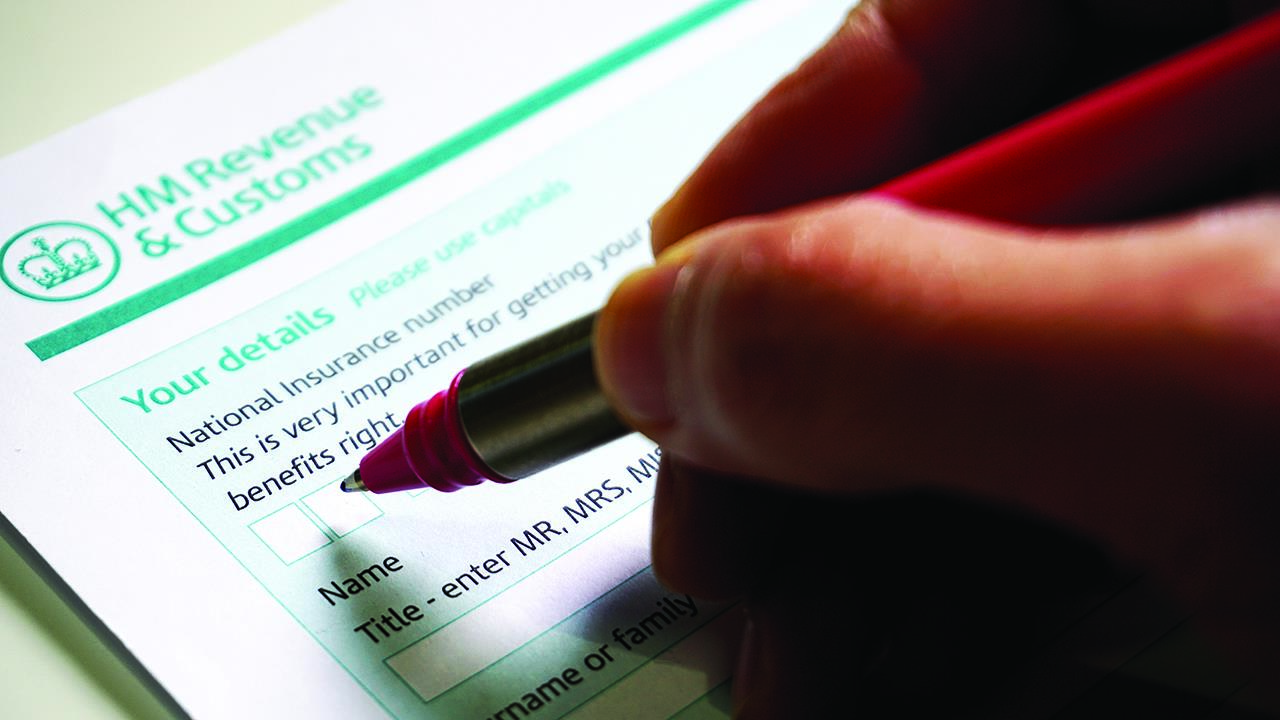

Towards the end of summer 2021, HMRC announced a consultation on proposals that would radically alter how sole traders and partnerships are taxed.
Termed ‘Basis Period Reform’, the changes were originally due to transition in from April 2022 but this has now been put back a year to April 2023.
The new system will apply to all sole traders and partnerships, and will mainly affect those businesses who currently have anything other than a 31 March or 5 April accounting year end.
Richard Wild, Head of Tax Technical at the ATT, notes the size of the problem: “The government says that 93% of sole traders and 67% of partnerships already draw up their accounts to 31 March or 5 April, and so won’t be affected by the changes.
“So, the impact is limited to the 7% of sole traders and 33% of partnerships that use a different accounting date. But that’s still around 528,000 individual taxpayers.”
The proposals
To understand the changes, Wild says it’s important to consider the current position.
He explains that, at present, “businesses are taxed on the profits they make in their accounting period which ends in the relevant tax year. The UK’s tax year runs from 6 April to the following 5 April. So, under the existing rules, if a business has an accounting year end of 31 December, for the tax year 2021-22, it will be taxed on the profits for the year ended 31 December 2021 as that is the accounting date which falls in the 2021-22 tax year.”
He continues: “But when the new rules are in place, and if the business does not change its 31 December accounting date, in the tax year 2024-25 the business will be taxed on 9/12 of its profits arising in the accounting period ended 31 December 2024, plus 3/12 of its profits arising in the accounting period ended 31 December 2025.”
As part of the reform, 31 March will be deemed as equivalent to 5 April.
Bringing the change in
As the proposals presently stand, the ‘tax year basis’ would replace the ‘current year basis’ entirely from 2024/25.
However, 2023/24 will be the transitional tax year and the transitional adjustments involving the use of the historic overlap profits may, depending on profit levels, increase the tax liability for that year. Any additional tax would be payable 31 January 2025.
‘Overlap profits’ describes a part of a tax period that has been taxed twice. It nearly always occurs in the second year of trading. If an account period end date of 31 March or 5 April is selected, no overlap profit arises.
In explaining how the transitional year will work, Wild says that it’s designed to “allow the current basis period rules to ‘catch up’ with the new regime.” So, with the above example, he says that, in 2023-24, profits would be taxed on the year ended 31 December 2023 plus 3/12 of the profits for the year ended 31 December 2024.
But with the potential for tax to be paid twice because of the overlap, he adds that there are proposals to allow a five year spread of the additional tax for those businesses adversely affected “to prevent a big tax bill arising in the transition year.”
What to do
As to what to do next, many businesses will no doubt want to consider changing their year-end to either 31 March or 5 April.
Expanding on this, Wild points out that some businesses might have a particular accounting period date because it is appropriate for their business: “Those with international connections, such as professional partnerships, [may] have an accounting date which aligns with their international counterparts.”
In other words, there will be many businesses unwilling or unable to change their accounting date for whatever reason.
And, for those sole traders and partners in businesses with anything other than a 31 March or 5 April year-end, the advice is that they should ensure they have a record of their overlap profits as relief for this will need to be claimed in the 2023/24 tax year at the latest. This figure should have been recorded on the tax return each year. Professional advice may need to be sought if it hasn’t.
In any case, those changes can’t be avoided, and Wild says that any business owner that doesn’t account for them will, at a minimum, end up paying the wrong amount of tax, “but there could be more serious consequences, such as penalties, or missing out on allowances and reliefs that might otherwise have been available.”
Of course, there is nothing written down in the proposals that requires the businesses concerned to change their accounting year-end, but businesses that don’t do so will need to do an apportionment each year.
And there’s one last problem noted by Wild. Referring back to his earlier example where the tax return for the 2024-25 tax year is due by 31 January 2026, he says: “3/12 of the profits arising for the year ended 31 December 2025 must be reported in [that] return as those profits are being taxed in 2024-25. But it is highly unlikely that the accounts for the year ended 31 December 2025 will have been prepared by 31 January 2026 – just one month later.”
His point is that if the return is to be filed on time, it will be necessary to include estimates of those profits, which will then need to be corrected later. More administration for taxpayers to cope with.
There will be winners and losers from the change. From a professional standpoint, it’s clear that, as Wild suggests, taking early advice is essential.
If you'd like to keep up-to-date with the latest developments in the heating and plumbing industry, why not subscribe to our weekly newsletters? Just click the button below and you can ensure all the latest industry news and new product information lands in your inbox every week.